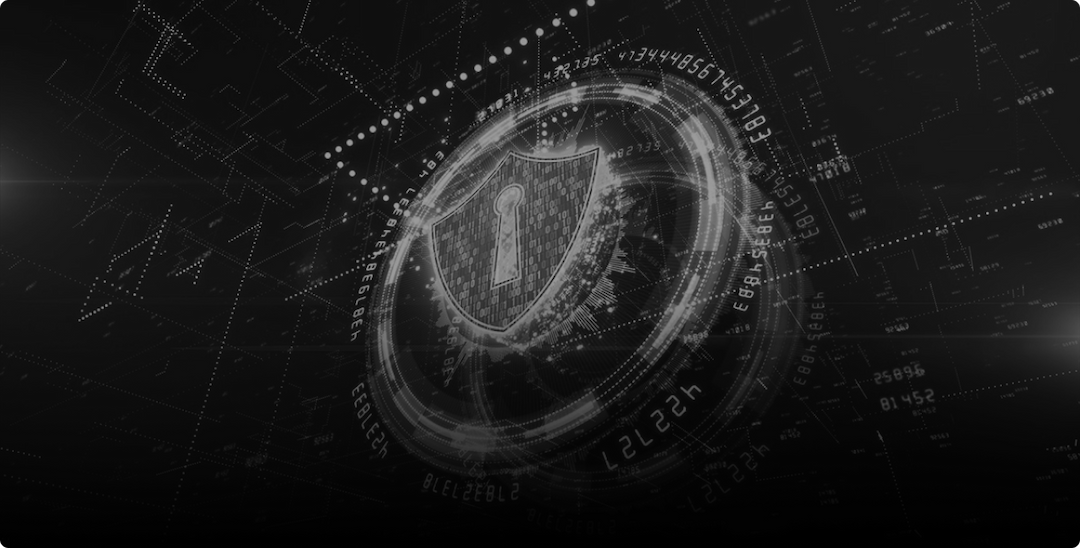
Technology
October 29, 2023
In the past ten years, cybersecurity has evolved from a niche IT concern to a headline-grabbing issue. With cyberattacks costing billions and exposing the data of millions globally, cybersecurity has become a pivotal aspect of modern IT.
But if you thought the last decade was challenging in terms of cyberattacks, brace yourself for the coming years. The next decade will witness a complete digital transformation as traditional processes and hardware make way for smart systems and devices. This shift promises innovation, new business models, and enhanced productivity for companies, but it also dramatically expands the cybersecurity battleground. Each connection in this digital age represents a potential access point for cyber threats, demanding ever more robust defenses to protect sensitive data.
What Future Holds for the Cybersecurity
In the upcoming decade, cybersecurity needs to be at the forefront of your digital transformation strategy to protect against financial cyberfraud, foreign power, and terrorist attacks, as well as disruptions caused by trolls and troublemakers. Historically, businesses often found themselves on the defensive, trying to keep up with increasingly sophisticated cybercriminals. The good news is that in the years ahead, you can embrace advanced technologies to gain an edge in defending your organization against growing threats.
Innovative Technologies in Cybersecurity
It is important to stay ahead of emerging threats in the dynamic industry of cybersecurity. Innovative and modern technologies in cybersecurity bring advanced solutions to reshape digital defense.
From AI and blockchain to advanced encryption, these technologies are at the forefront of securing our valuable information. We will discuss some innovative and modern cybersecurity solutions.
1. Securing Network With 5G
The advent of 5G wireless networks is set to revolutionize connectivity by offering increased speed, lower latency, and greater bandwidth. This technology will enable businesses to connect and control a wide range of devices, from remote machinery to autonomous vehicles. The Mobile Security Index 2020 Report highlights benefits like enhanced productivity, improved customer experiences, greater efficiency, and increased safety across various industries. Moreover, 5G networks are inherently more secure, with additional features such as encryption and advanced security measures at the network's edge, bolstering cybersecurity.
2. Protecting Data with Blockchain
Blockchain serves as a decentralized digital transaction ledger secured through cryptographic links, rendering entries immutable. Each new piece of data is verified, encrypted, and sealed, creating a comprehensive, trustworthy record. Blockchains can be either public, like Bitcoin, or private, accessible with permission.
Blockchain holds immense promise for cybersecurity. It can ensure data integrity and digital identity verification, mitigating cyber risks like identity theft and tampering. Changes to data are traceable, assuring authenticity, and its distributed nature eliminates single points of failure. In the near future, blockchain will become pivotal for securing sensitive data such as healthcare records, financial transactions, and business data.
3. Threat Detection and Response
FDT’s threat detection and response is an advanced cybersecurity technology that has become increasingly vital in the digital landscape. It's designed to proactively identify and counteract cybersecurity threats. This technology uses a range of advanced tools to smoothly recognize and assess suspicious activities or breaches. Once a threat is detected, automated response mechanisms are triggered to mitigate the potential damage. Threat detection and response is pivotal in the battle against evolving cyber threats, as it enables organizations to quickly identify and neutralize risks before they can cause significant harm. It enhances the system’s overall cybersecurity posture and secures sensitive data in an era of escalating cyberattacks.
4. Artificial Intelligence and Cybersecurity
Artificial intelligence in cybersecurity is like having a digital detective on the lookout for bad guys in the digital world. It can quickly check lots of information to find unusual things that might be cyberattacks. Plus, it learns from past experiences to get even better at catching the bad guys. This technology is a big help in keeping our digital world safe and secure.
5. Zero Trust Technology
Zero trust is a modern cybersecurity concept that's all about not taking anything for granted in the digital world. It means that nobody should be trusted by default, even if they are inside the network. This means every user and device has to prove themselves and verify their identity before they can access anything. It's like double-checking everyone's ID before letting them into a super-secure club. This approach is great at reducing the chances of cyberattacks and keeping the digital world safe, especially in today's world of remote work and cloud services.
Conclusion
In the ever-evolving landscape of digital threats, staying one step ahead is not just an aspiration; it's a necessity. We navigated through modern technologies and strategies, reshaping our approach to cybersecurity. From artificial intelligence's vigilant watch over our digital realms to the fundamental shift in trust paradigms to zero trust, it's evident that the cyber defense of tomorrow is taking shape today. As we conclude this exploration, it's clear that the future of cybersecurity is bright, built on innovation, adaptability, and a steadfast commitment to protecting our digital world. By embracing these next-gen defenses, we can better protect our information, systems, and the countless facets of our interconnected lives.

